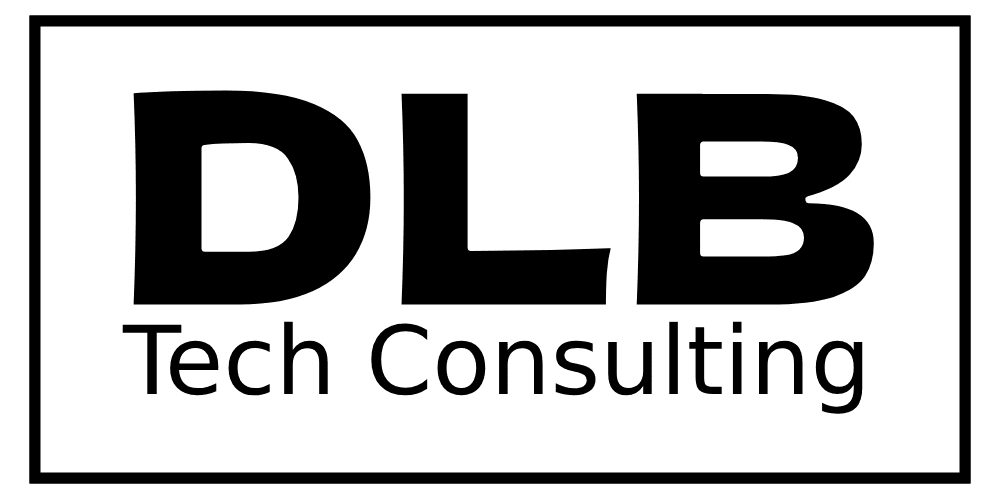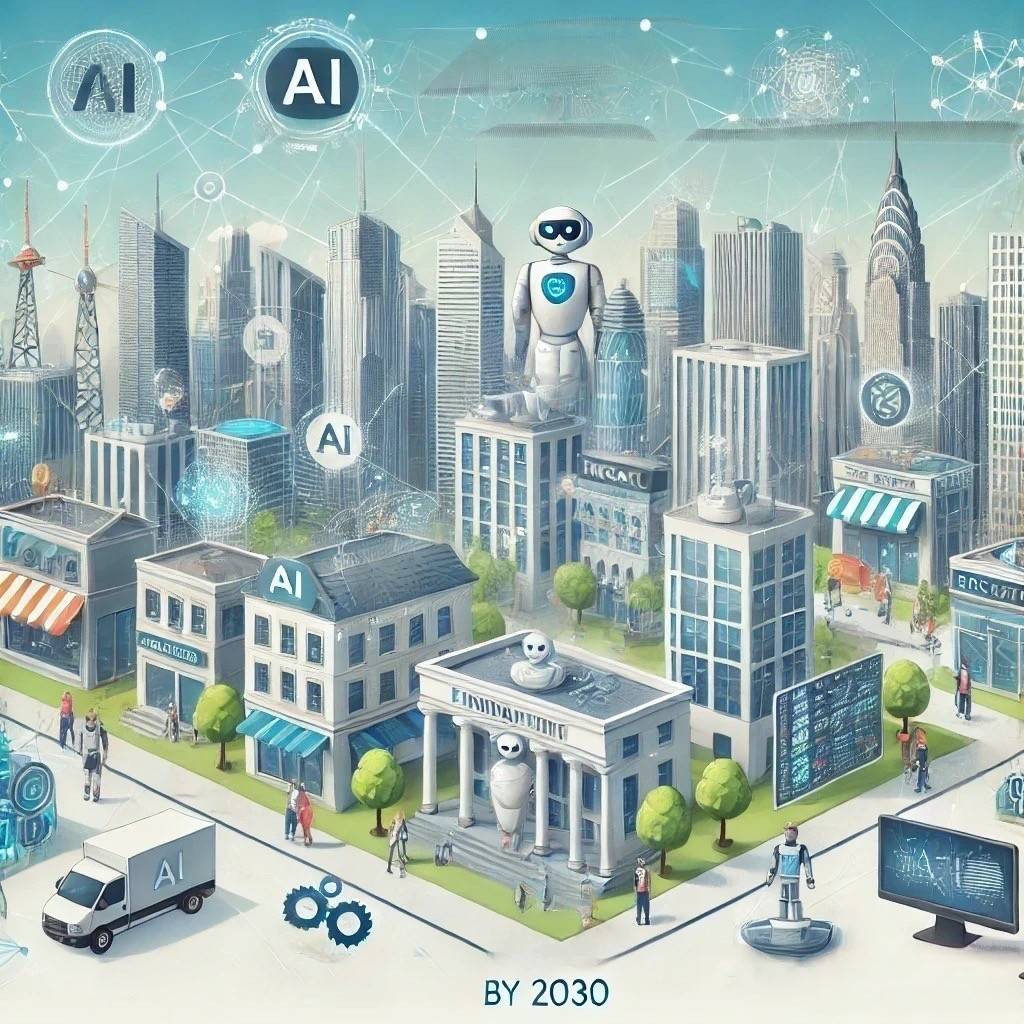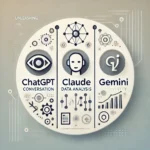Artificial Intelligence (AI) is no longer the stuff of science fiction; it’s here, evolving rapidly, and transforming industries worldwide. But the AI of today is just the beginning. By 2030, we expect AI to profoundly reshape how businesses operate, how people interact with technology, and how industries innovate. If you’re wondering what to expect in the next decade, here’s a deep dive into how AI will revolutionize key sectors and create opportunities we’ve only begun to imagine.
Table of Contents
Toggle1. Healthcare: A New Era of Precision Medicine
In healthcare, doctors already use AI to assist in diagnostics, but by 2030, it will drive personalized medicine to new heights. AI-powered systems will analyze vast datasets, such as genomic information, lifestyle factors, and medical histories, to deliver highly tailored treatment plans. Instead of a one-size-fits-all approach, healthcare providers will use AI to predict the best interventions for individual patients, improving outcomes and reducing costs.
AI will also help accelerate drug discovery, cutting down the time it takes to bring new treatments to market. With its ability to process massive amounts of chemical and biological data, AI can help researchers identify potential drug candidates faster than ever before.
Perhaps one of the most transformative applications will involve AI-driven robotic surgeries, where robots, guided by AI, perform complex procedures with unmatched precision, reducing recovery times and improving patient safety.
2. Finance: Smarter, Faster, and More Secure
In the world of finance, AI already disrupts traditional banking, but by 2030, we’ll see a complete overhaul in how financial services operate. AI will enable automated, real-time financial advice tailored to individual needs, making wealth management accessible to everyone, not just high-net-worth individuals.
Moreover, fraud detection and cybersecurity will improve significantly with AI. Machine learning algorithms will instantly identify suspicious transactions, spotting patterns far too complex for human analysts. This will greatly reduce financial crime and increase consumer trust in digital platforms.
One of the most promising developments includes AI-driven financial modeling. By analyzing massive market datasets in real time, AI will enable businesses and individuals to make better-informed financial decisions.
3. Retail: A Fully Personalized Shopping Experience
AI will completely transform the retail industry, with personalized shopping experiences becoming the norm by 2030. Imagine walking into a store and receiving AI-driven recommendations based on your preferences, shopping history, and even your mood at that moment. This level of personalization will extend beyond e-commerce into physical stores, where AI will analyze customer behavior in real time to offer tailored suggestions.
AI-powered inventory management will also become more prevalent. By 2030, AI will predict trends accurately, ensuring that retailers always have the right stock at the right time. This will not only cut costs but also reduce waste.
One of the most exciting prospects involves AI-driven virtual shopping assistants. These virtual helpers will assist customers in making purchasing decisions, either through websites or augmented reality experiences in physical stores, blending the convenience of online shopping with the personalized touch of in-store browsing.
4. Manufacturing: The Age of Autonomous Factories
Manufacturing will be one of the sectors most heavily impacted by AI. Smart factories, which run almost entirely autonomously, will become the standard by 2030. These factories will use AI to manage every aspect of production—from supply chain management to predictive maintenance. Machines will communicate with each other, analyze real-time data, and optimize production processes without needing human intervention.
Predictive maintenance will revolutionize manufacturing. AI will monitor machinery for early signs of wear and tear, preventing breakdowns before they happen. This will reduce downtime, save money, and extend the lifespan of expensive equipment.
In addition, AI-powered robotics will handle more complex tasks than ever before, leading to greater efficiency and flexibility in production. This shift will not only make manufacturing more cost-effective but also allow for greater customization of products on demand.
5. Education: Adaptive Learning for Every Student
Classrooms in 2030 will look vastly different from today, thanks to AI’s ability to personalize education. Instead of one teacher delivering the same lesson to an entire class, AI will tailor lessons to individual students, addressing their strengths and weaknesses. Every student will receive a unique learning experience designed specifically for their learning style and pace.
AI-driven tutors will be available 24/7 to help students with their studies, offering instant feedback and guidance. These AI tutors will adjust their teaching methods in real time based on student progress, ensuring that no one is left behind.
Moreover, AI will help teachers with administrative tasks such as grading assignments and tracking student progress, allowing educators to focus more on personalized instruction and less on paperwork.
Conclusion: The AI-Powered Future
By 2030, AI will be deeply embedded in virtually every industry, fundamentally changing how we live, work, and interact with the world around us. While this transformation brings incredible opportunities, it also raises important questions about data privacy, job displacement, and the ethical use of AI. As businesses and industries prepare for the future, one thing is clear: those who embrace AI will lead in the coming decades, while those who resist may find themselves left behind.
AI isn’t just reshaping industries—it’s reshaping the future. Are you ready?




